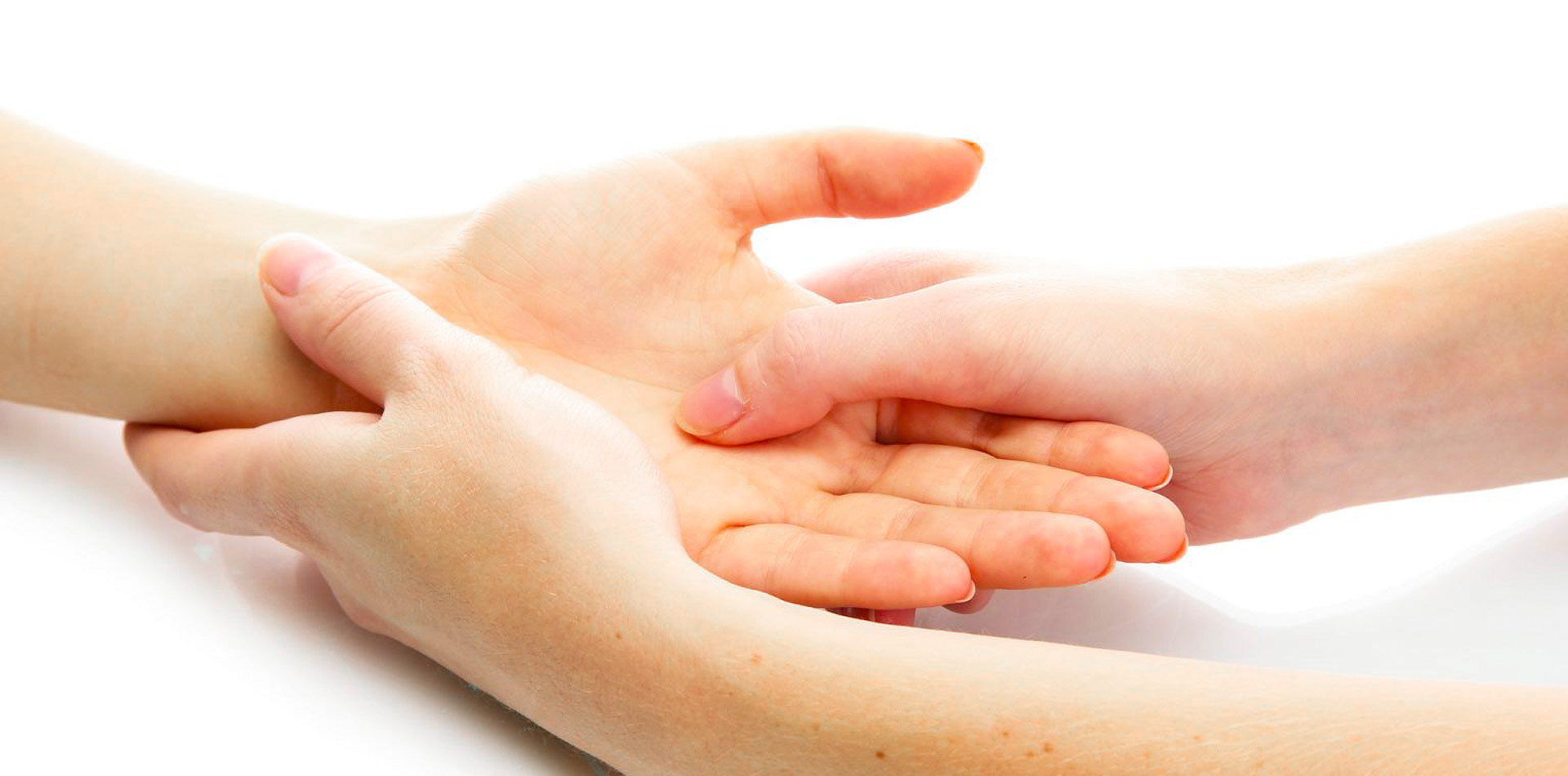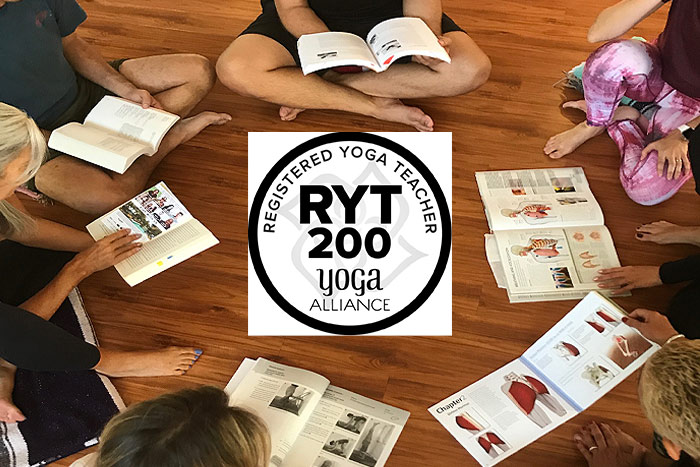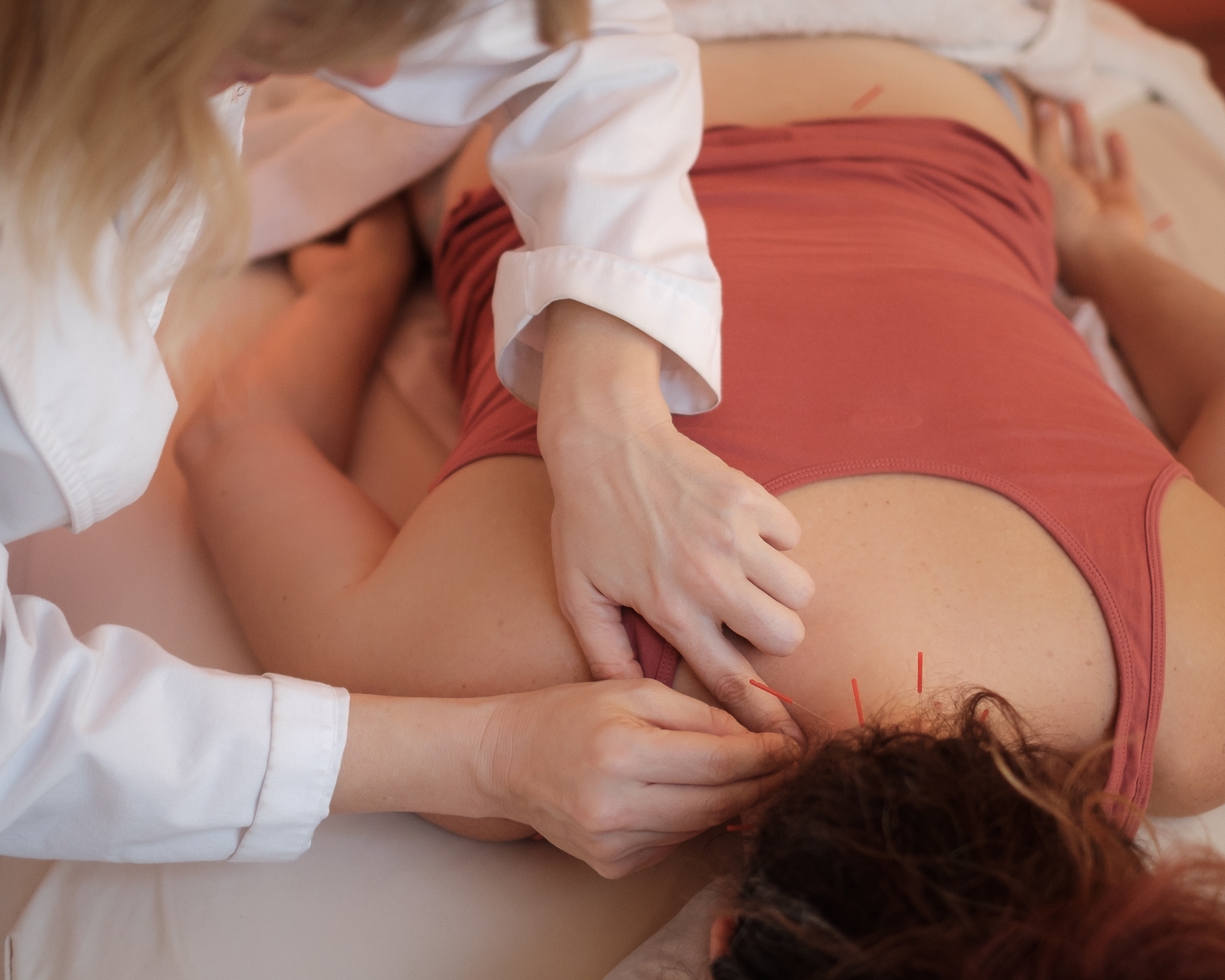Sleep- Acupuncture and Herbal Solution
Sleep, in Chinese Medicine, is understood as the yang energy of the day entering into and being consumed by the restful yin energy of the night. All day, we predominantly utilize our yang energies of activity, of force, of creation. Yin is the principle of rest, of inspiration, of receptivity. At night, we do certain things to lead us to a yin state; we turn off the lights, our devices, lie down and close our eyes. In a balanced, natural state, these actions move our yang energies inside the yin form. Our consciousness shifts internally and we open up to the more subtle yang movements of dreams. The best night sleep is one in which you don’t really
remember your dreams, which indicates the yin sweetly holds the yang.
Wouldn’t it be so lovely to get a restful night's sleep every night? For a lot of us, 30-40% of the US population any given year, a solid night sleep is elusive and we feel unrested, irritable, have poor memory and bad judgment. When we don’t sleep well our brains can’t clean themselves, there is increased neuroinflammation, and we have trouble consolidating memories. These neurological changes are associated with depression, anxiety, dementia and Alzheimer’s to name a few. Without rest, our body’s organ systems have less time to repair and reset to meet the challenges of the coming day. The immune system takes a toll, muscles don’t repair or grow well, our metabolism slows and our digestive systems become sluggish and inflamed. The drugs that help us sleep make us feel groggy, foggy and unable to think straight. They have been associated with increased risk of early onset dementia and increased likelihood of physical injury amongst other things. How do we regain our ability to enter into a restful state?
Acupuncture is super effective at helping patients return to a healthy sleep/wake cycle. It is not only one of the first improvements patients with chronic conditions report when they start coming to see me for acupuncture, but also one of the most profound prognostic tools to show me that the treatment plan will be effective. I often tell my clients that “a good night sleep is almost a side-effect of acupuncture”. In fact, “Evidence has suggested that the clinical efficacy of acupuncture in treatment of insomnia is potentially mediated by a variety of neurotransmitters including norepinephrine, melatonin, gamma-aminobutyric acid, and β-endorphin.” (1)
Some people need more help than acupuncture alone, and for them, I always think of using herbal medicine. There are herbs known for thousands of years to “calm shen, tonify the heart, and promote sleep”. I recently went on a Pubmed research binge with this category of herbs and was very pleased to find a lot of new research since 2020! Apparently they are all being researched in connection to their neuro anti inflammatory/ neuroprotective effects and how they help prevent Alzheimer’s related cognitive decline. (2),(3) They are also beneficial for depression and anxiety that don’t respond to SSRIs. (4) So not only are they touted by the ancients, modern research gives a thumbs up to their efficacy and lack of side effects.
When I make an herbal formula for sleep, I always try to understand why the yang won’t enter the yin when my patient is trying to sleep. There are numerous reasons, so it requires a thoughtful diagnosis. Every herbal formula for sleep I make takes into account these factors. Though I would include herbs from the “calm shen, tonify heart and promote sleep” group, I would also add herbs to address these other factors. It’s why I haven’t joined the supplement industry! There is no “one size fits all” formula. It must be customized in order to achieve lasting results.
If you are having trouble sleeping, please set up a session. It is the first step on a health journey that leads you into vastly superior vitality and quality of life. Book Now!
‹ Back








